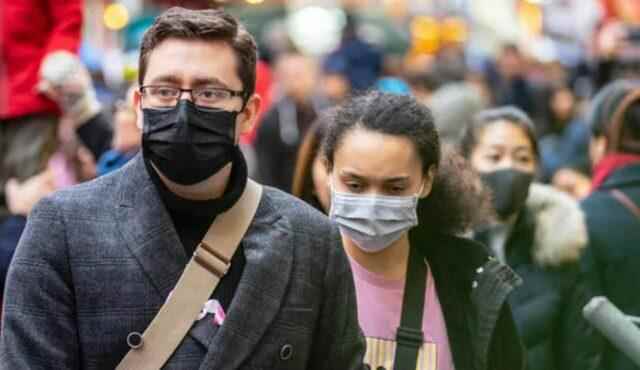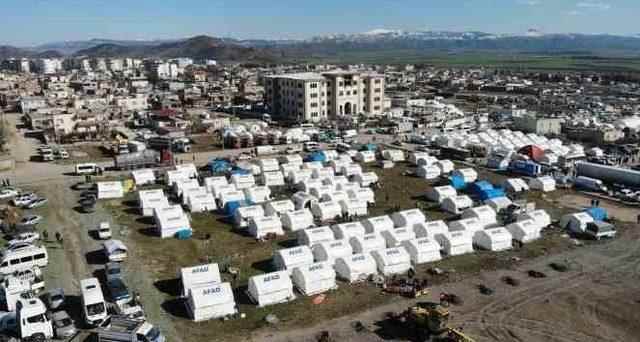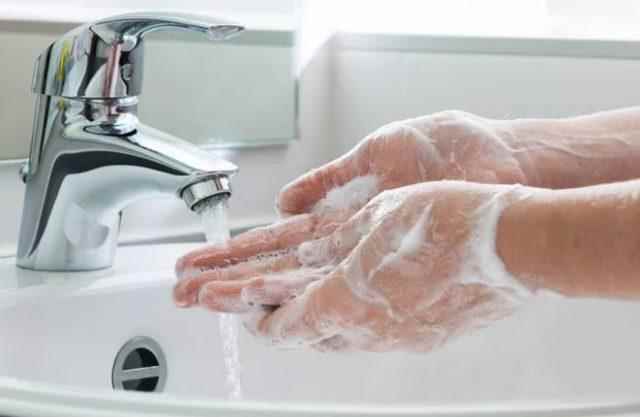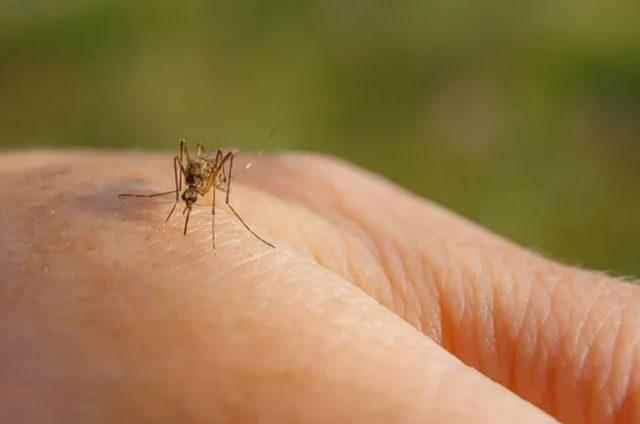After the earthquake, the whole country has mobilized to heal the wounds. In addition to the nutritional and heating needs of the citizens affected by the earthquake, their hygiene needs should be provided under the necessary conditions. Lack of hygiene can cause many diseases. Expressing that the harsh living conditions of the disaster victims can create a basis for various infections, Prof. Dr. Faruk Aydın touched upon the importance of infection management and ways of prevention. prof. Dr. Aydın also suggested a “field toilet” to prevent fecal-transmitted infections.
INSUFFICIENT RESOURCES CREATE RISKS
Stating that the harsh living conditions of the disaster survivors living in the region also laid the groundwork for various infections, Prof. Dr. Faruk Aydın said, “First of all, while microbial agents that can quickly participate in the trauma-related health problems of people who have been affected by disasters, some dangers await us due to malnutrition, inadequate hygiene conditions, collective and very close contact, and the collective use of various tools and equipment.”
IT IS VERY IMPORTANT TO RESPECT THE WOUND CORRECTLY
Stating that individuals injured during the disaster are at risk of tetanus, gas gangrene, wound infections and aspiration pneumonia, Prof. Dr. Faruk Aydın continued his explanations as follows:
“In order to prevent these infections, first of all, proper antisepsis of the wounds is important. At the same time, the individuals concerned should have tetanus vaccination at the nearest health institution, because contrary to popular belief, people from all age groups need tetanus vaccination. Environments where survivors live together, such as tent cities and container areas, pose a risk for respiratory diseases. Studies show that after disasters, outbreaks of respiratory tract infections are most common.”
MASKS MUST BE USED IN MASS AREAS

Drawing attention to the use of masks to prevent respiratory diseases in this process, Prof. Dr. Aydın said, “Respiratory tract agents are transmitted by droplets and air, and the use of masks prevents the transmission of these agents, so it is important for disaster survivors living in the region to use masks, especially in environments where they are together. In addition, it is recommended that the health personnel serving in the region use masks to protect themselves, patients and other colleagues. Influenza, Respiratory Syncytial Virus and SARS-CoV-2 are the leading factors that we are worried about causing epidemics in respiratory tract infections. Related viruses are surrounded by a lipid envelope layer and can be destroyed from the surface where they are found with appropriate antisepsis and disinfection methods. For this purpose, alcohol-based antiseptics dissolve the lipid layer of the viruses on hand, the use of soap surrounds the viruses and ensures that they are eliminated with water. EPA registered disinfectants, on the other hand, are effective in removing related viruses from the environment if they are used in environmental disinfection. In addition to these viruses, the measles virus is a highly contagious virus that spreads through the air. 10 out of every 9 people from every age group around the sick person will become infected if they are not immune. Therefore, it is very important to vaccinate against measles in childhood. At the same time, we foresee that tuberculosis, which is a respiratory tract infection, may start insidiously and may appear in the future after the disaster.
FIELD TOILETS MUST BE ESTABLISHED

Aydın, who suggested that one of the most urgent needs of people is a toilet and that one of the most urgent needs of the people, in terms of hygiene, is the field toilet. It will be sufficient to dig 25 cm wide and 75 cm deep trenches in suitable areas and place boards at both ends. Those who meet their needs can ensure that the area is closed by throwing soil into the ditch. In this way, it is possible to prevent infections transmitted through feces. Because we expect water and food-borne infections in the future.
DIRTY HANDS CAN CAUSE FATAL DISEASES

Many fatal bacterial and viral infections, such as cholera, norovirus and rotavirus, can occur when hands contaminated with feces are somehow taken to the mouth. Cholera can affect individuals of all ages and can lead to severe dehydration and death if not treated. In this case, we recommend that you reach the nearest health institution quickly. Before reaching the relevant institution, oral rehydration fluid (ORS) should be prepared and the dehydration situation of people should be minimized without delay. For the preparation of ORS, it will be sufficient to add a tablespoon of granulated sugar, a teaspoon of salt, and a teaspoon of baking soda to a liter of boiled water and mix. However, rotavirus can cause long-term diarrhea and vomiting, especially in infants and children, and in this sense, children should be conscious about hygiene.
INCREASED Flies RISK OF INFECTION

Aydın also ended his warnings in case of an increase in flies in the region with the following words:
“In the later period after the disaster, arthropod-borne infections such as malaria, rickettsia, and typhus are increasing due to the increase in flies in the region. For this reason, we should not ignore the war with vectors. In addition, people living in the disaster area in the future are at risk of skin infections such as anthrax and scabies. Communal living spaces such as tent cities cause the spread of related factors. In addition to all these, depending on the living conditions, infections such as leptospirosis and rabies of animal origin should not be ignored. It has been reported that the number of hepatitis A, E and polio cases increased in the late post-disaster period. In conclusion, post-disaster infection management is a long process and should be considered with all its elements. Relevant infection control measures should be taken for each infection.”
(UAV)
